One breast cancer survivor I know, devotes hundreds of hours to the American Cancer Society. A lymphoma victor runs a wigs, scarves and beauty items discount store for patients. Another, in remission for years, spends evenings counseling new cancer patients on their journey. Nationally, major drives and organizations depend on cancer patients for muscle, money and moral. One would think that these men and women would want to forget, close the clinic door and walk away. So, why do they give so much?
I have generally viewed this intense involvement of survivors with cancer causes as part of a powerful and positive coping mechanism. By contributing their time and energy to help and work toward cures, it puts the disease in perspective. They are the one’s in control. In addition, there is a healing camaraderie between survivors, amplified by working together to defeat the disease. Cancer patients direct the anxiety and pain caused by the diagnosis and treatment towards mending other patients and society.
Many patients develop a defensive response to what they have experienced. They do not want other people to suffer. Hurt deeply, they hope that by their giving and work, that maybe one child, one mother or one friend, will not suffer as they did. This altruistic response, “never again,” says much positive about each patient and about the human spirit.
In a recent piece in the New York Times, Samuel Scheffler, PhD, suggested to me perhaps a third factor which may contribute to the motivation of cancer heroes. In, The Importance of the Afterlife. Seriously, Scheffler, a professor of philosophy at New York University, makes an unusual observation. Human beings need to believe not that they will live on after death, but that other people will be alive after they have died. He stated that if we believed that all human life would stop when we died that we would lose our purpose in life.
Postulating that a meteor will destroy the earth 30 days after our death, Scheffler exposed the resulting futility. What happens to the architect who builds for the future? Why bother? The politician trying to make a better world? What for? The egotistic tycoon devoted to his own glory. What is glory if there is no one to give tribute? Why bear children? And, of course, the cancer researcher seeking a cure. What a waste of time if the end is so near. Why should we even care about saving the planet if there will be no future generations?
Contemplating this remarkable idea, that life would be stripped of meaning if my grandchildren, if everyone’s grandchildren, would not outlive me, I found myself thinking of cancer survivors. Perhaps, this need to believe in a future, even after they are gone, a better future, a future without the dread disease, is a major part of why they give. Having faced death and come to better understand its reality, cancer patients have a closer connection to a tomorrow over the horizon. They are called to protect and heal those that will follow. In return, in a small way, future generations give meaning to each cancer patient’s life and the miracle of their survival.
Those who have been touched by the dread disease are vital in the fight to prevent, treat and cure cancer. They give heart to our efforts and ground us in reality. In return, I hope that they find laughter, comfort and love. I also pray that the millions of men and women who will follow will remember their sacrifice and in turn give survivors peace in their lives.
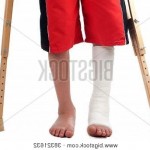

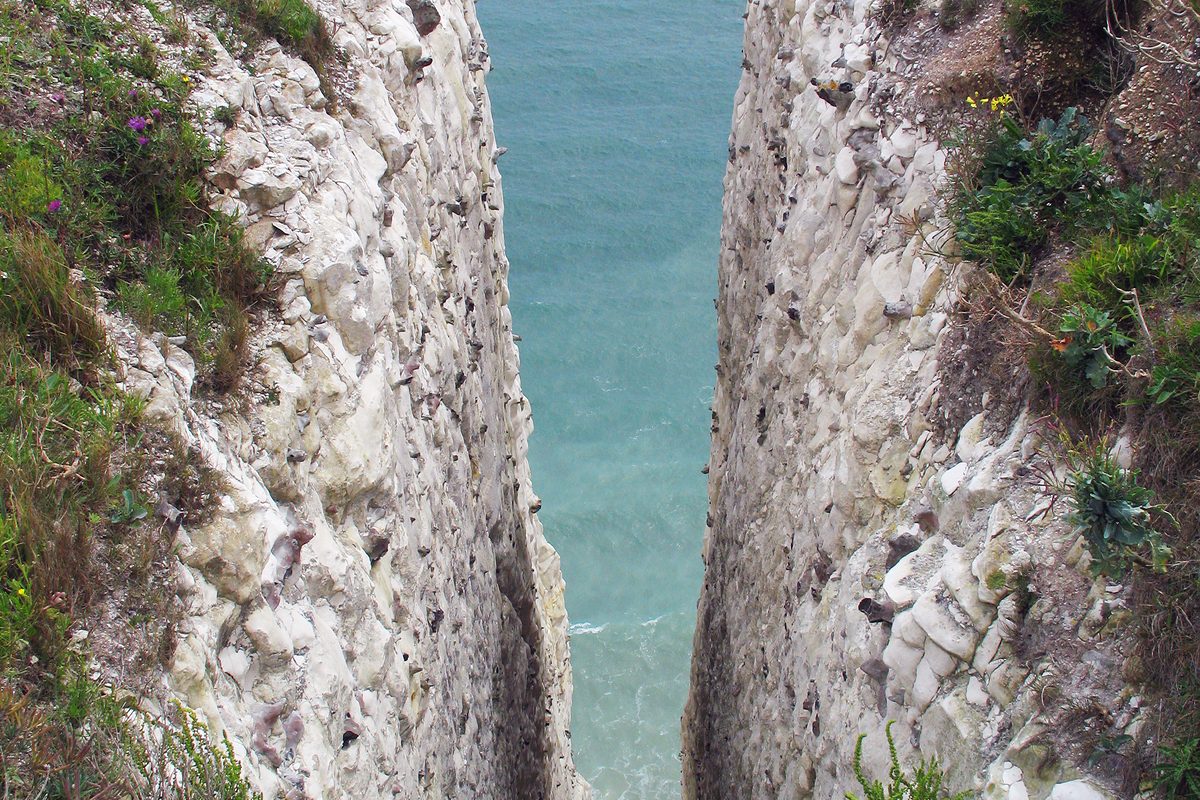
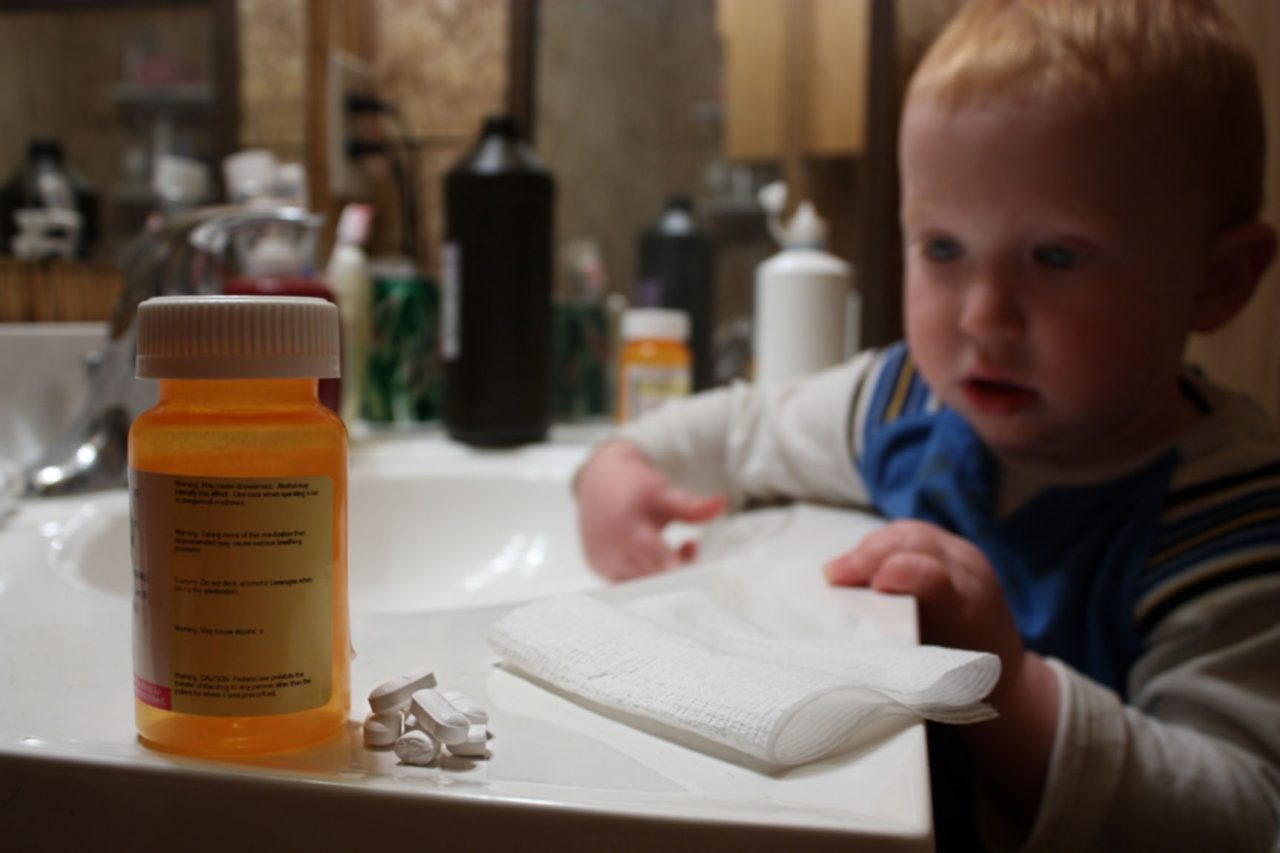
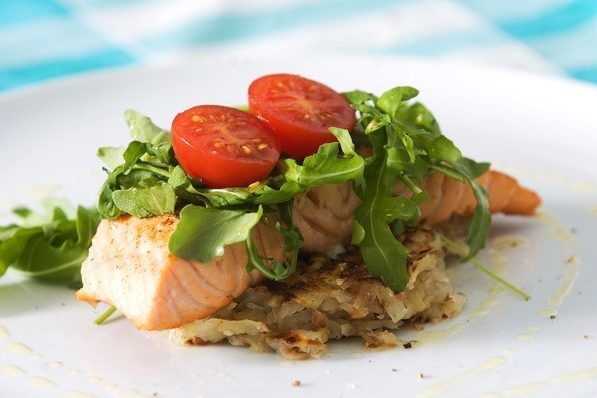
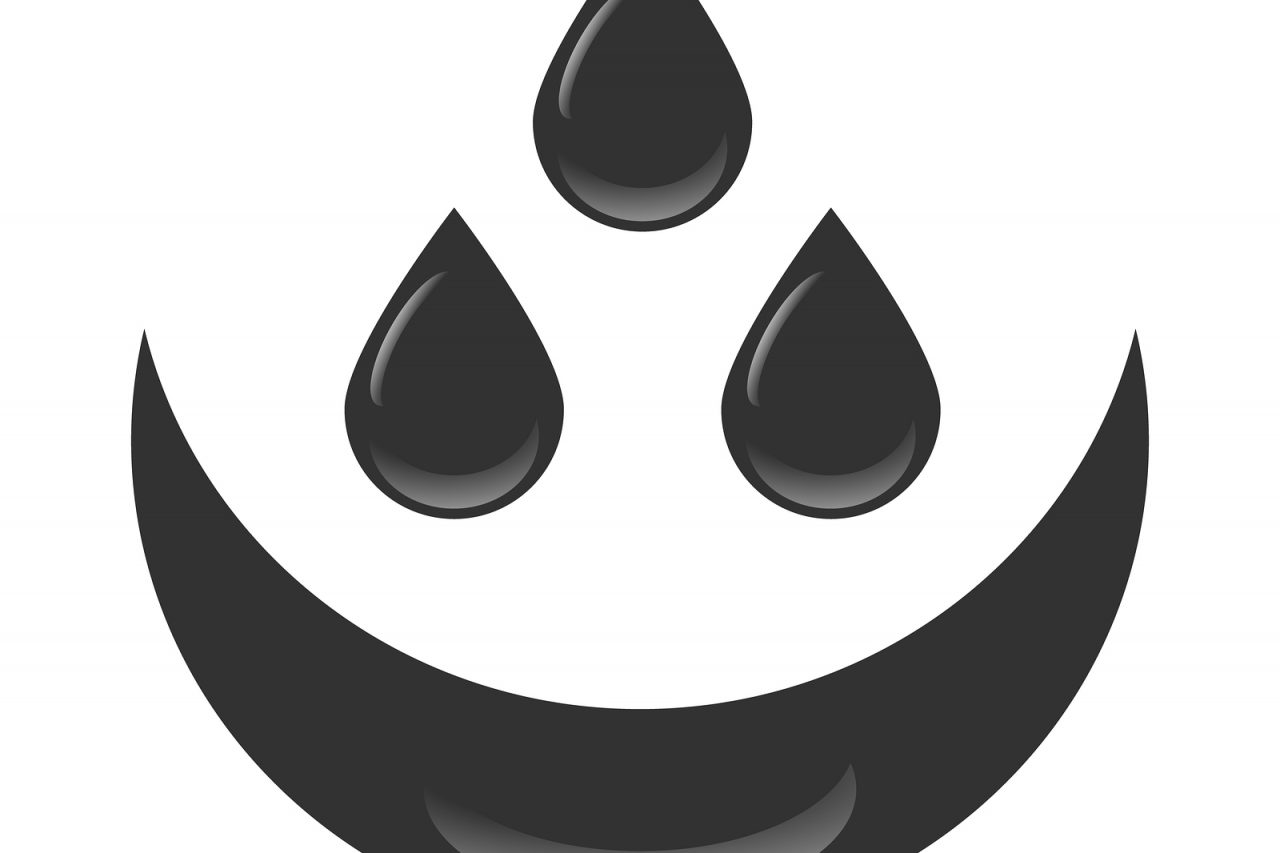

5 Comments